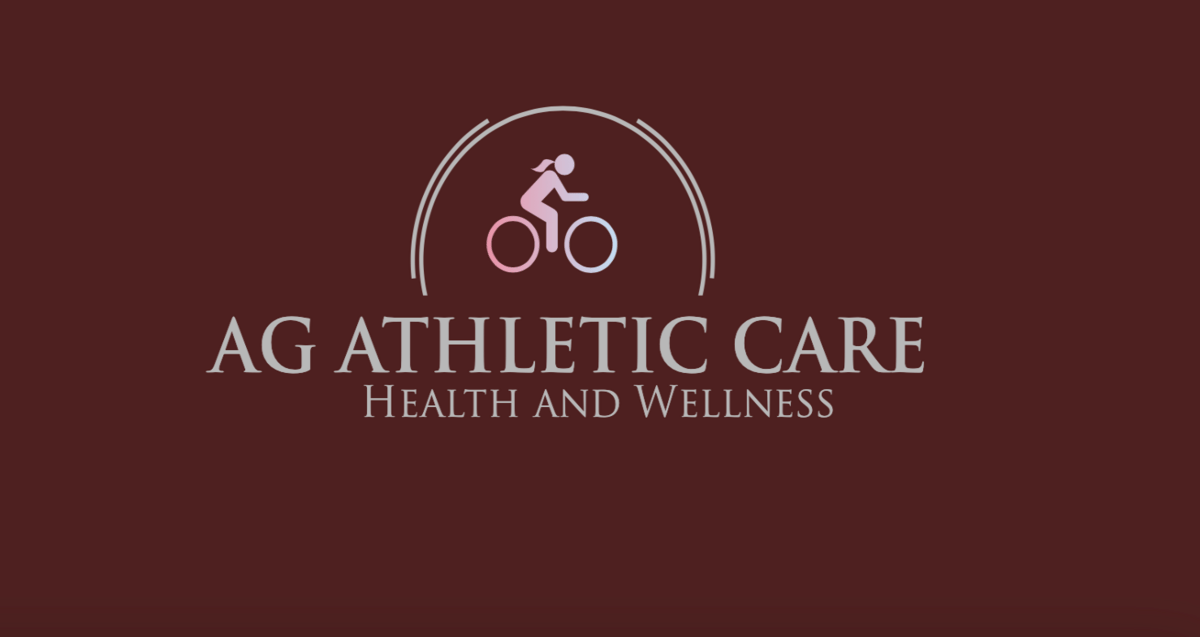Thank you for taking time to read our newsletter! Today, we are delving into the topic of the carnivore diet - a dietary approach that has gained attention in recent years. The carnivore diet emphasizes the consumption of animal products while excluding most plant-based foods. Let's explore the pros and cons of this controversial diet, as well as some advice on supplements if you choose to follow it.
🥩 The Pros of the Carnivore Diet:
1. Simplicity: The carnivore diet is straightforward and easy to follow since it mainly consists of animal products. Some individuals may find this simplicity appealing, especially if they struggle with complex meal planning.
2. Potential Weight Loss: By eliminating carbohydrates and processed foods, the carnivore diet may lead to weight loss for some individuals. This could be due to reduced calorie intake and increased satiety from protein-rich foods.
3. Reduction of Inflammatory Foods: The exclusion of certain plant foods may help individuals with specific dietary sensitivities or autoimmune conditions by removing potential inflammatory triggers.
❌ The Cons of the Carnivore Diet:
1. Nutrient Imbalances: A major concern with the carnivore diet is the potential for nutrient deficiencies since it restricts plant-based foods that provide essential vitamins, minerals, and fiber. Long-term adherence to this diet without proper supplementation may lead to health complications.
2. Lack of Dietary Variety: The carnivore diet can lack diversity, potentially limiting the intake of beneficial compounds found in fruits, vegetables, and whole grains, such as antioxidants and phytochemicals.
3. Potential Health Risks: While short-term studies have shown some benefits, there is limited scientific evidence regarding the long-term effects of the carnivore diet. It is essential to consider the potential risks associated with high intake of saturated fats and cholesterol.
💊 Supplement Advice for the Carnivore Diet:
If you choose to follow the carnivore diet, it is vital to consider supplementing certain nutrients to prevent deficiencies. Here are a few supplements that may be beneficial:
1. Omega-3 Fatty Acids: Since the carnivore diet may lack omega-3 fatty acids, consider incorporating fish oil or algae-based omega-3 supplements to ensure adequate intake.
2. Vitamin D: As natural food sources of vitamin D are limited on the carnivore diet, it is wise to have your levels checked regularly and consider supplementation if necessary.
3. Multivitamin: Taking a high-quality multivitamin can help cover potential nutrient gaps and ensure you are meeting your body's needs.
Remember, before embarking on any major dietary changes, it is essential to consult with a healthcare professional or registered dietitian to ensure it aligns with your individual health needs and goals.
We hope you found this exploration of the carnivore diet informative. If you have any questions or want to learn about other nutrition-related topics, subscribe to our weekly newsletter!
Stay healthy and informed!
Best regards,
Garret TenBarge, LAT, ATC.
Co-founder
Aeden Ligon, LAT, ATC.
Co-founder

